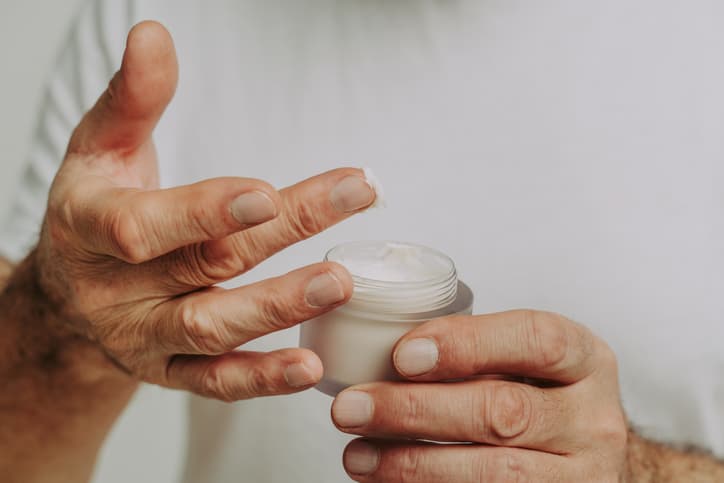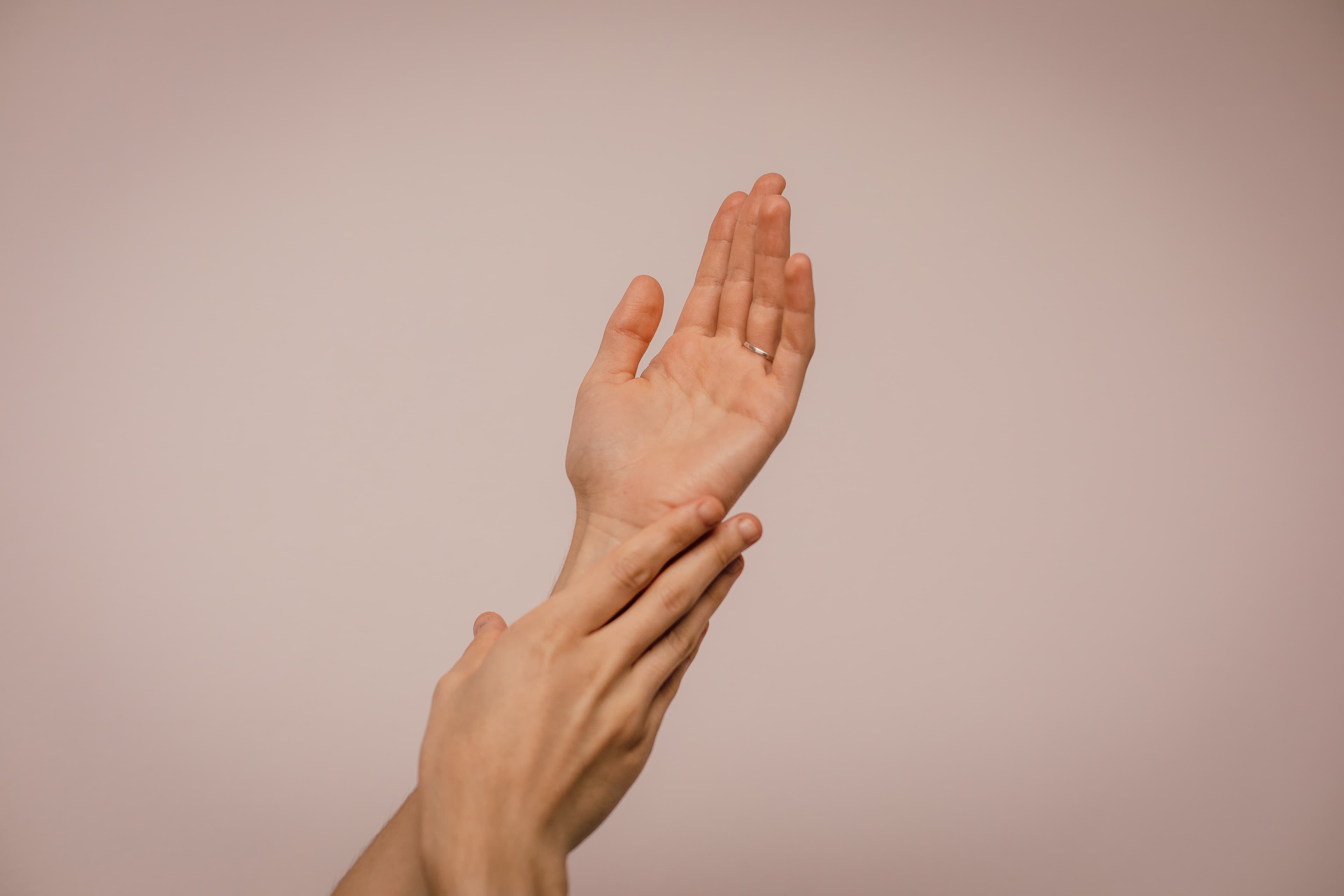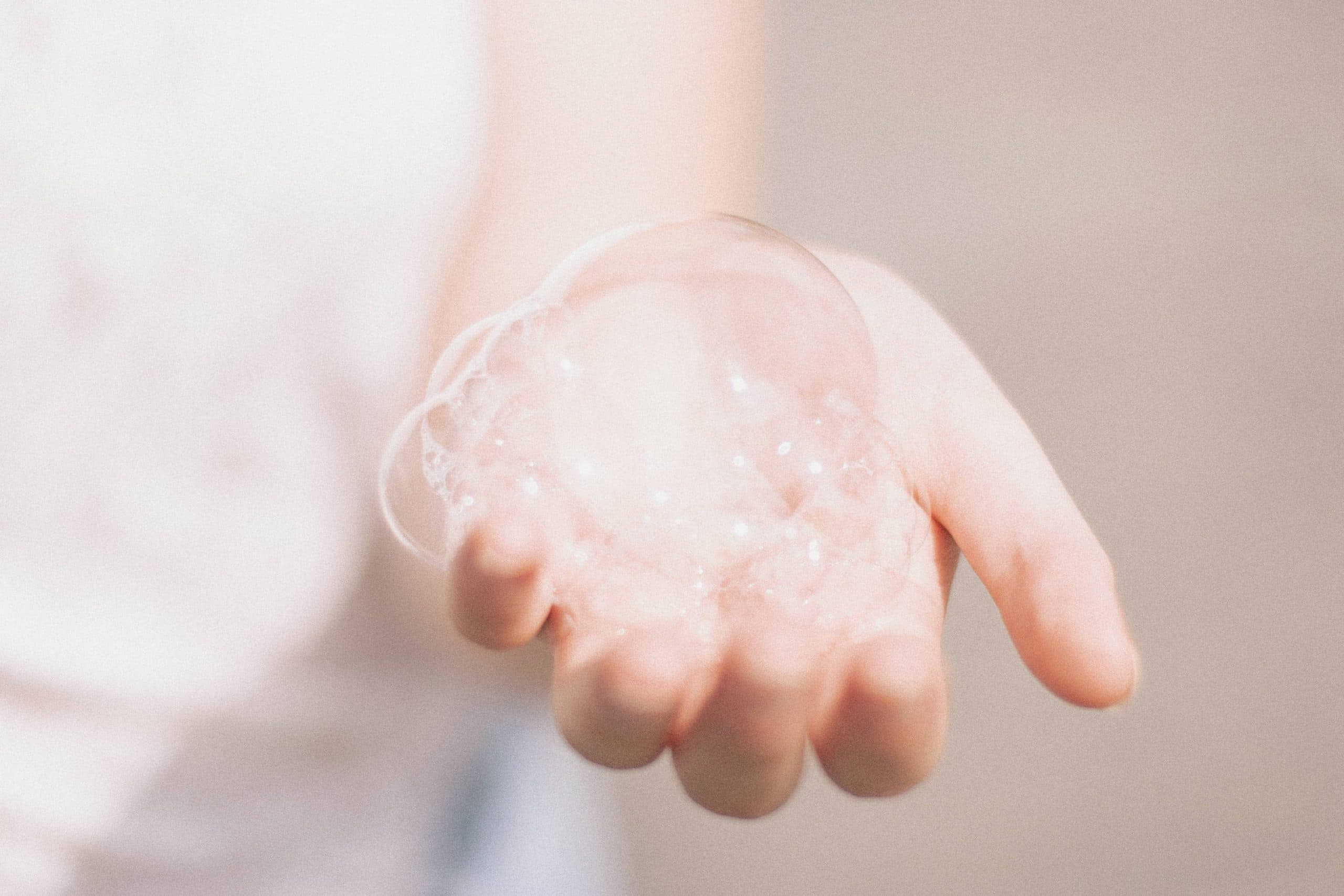Summer Skin Care: 5 Quick Tips for Preventing Rashes and Odors

Written by Chad Birt on Tue Aug 09 2022.

Incontinence products like pull-ups, underpads, and adult diapers can save you time and energy, but if you don’t take steps to protect your loved one’s skin, they may also increase the risk of rashes, yeast infections, and unpleasant odors.
While these side effects can happen any time of year, they’re most common during the summer. That’s because many incontinence products limit airflow, trapping heat and humidity against the skin. Even so, with a little planning, you can keep your care recipient’s skin healthy, and blemish-free.
Here are our top tips for summer skin care: preventing odors and rashes.
1) Research incontinence products
“Preventing skin irritation starts with choosing the right incontinence products,” said Alexandra Fennell, the co-founder, and CEO of Attn: Grace, a personal care brand for women’s wellness.
No two people are exactly alike, so it’s crucial you take the time to understand your care recipient’s needs. When selecting incontinence products, we recommend focusing on two factors: Leakage type and frequency of accidents.
A) Leakage type
Leakage type refers to the voids that your care recipient has. Are they light, medium, or heavy? Does your care recipient experience urinary incontinence, fecal incontinence, or both? The answers to these questions can help guide your decision-making process.
Light Absorbency
Poise Daily Liners, Very Light
Medium Absorbency
TENA Classic Protective Incontinence Underwear, Moderate Absorbency
Maximum Absorbency
Prevail AIR Overnight Stretchable Adult Diapers with Tabs
B) Frequency of accidents
The frequency of accidents refers to how often your care recipient has a void. If they use a wheelchair or spend most of their time in bed and can’t use the toilet, you need thick and absorbent materials. Whereas if your loved one is relatively mobile, you might only need booster pads to prevent occasional leakage.
“You’ll also want to check the ingredients used in the products,” Fennell said. “As many brands include synthetic fragrances and chlorine. The cleaner the materials, the better the skin feels.”
If you’re buying incontinence products for the first time, you probably have questions. Our expert Care Specialists can help you make the right decision. Simply call (800)-696-2273 during normal business hours or send an email to support@carewell.com. We’ll be happy to assist!
2) Regularly change your care recipient’s incontinence products
Adult incontinence products require frequent changes. If you let urine or fecal matter sit against the skin, it causes breakdown, increasing the risk of diaper rash and infection.
Gabriel Nelson, a skin care specialist at VCI Medspa in Tinley Park, Illinois, says to “change your care recipient’s briefs and pads frequently, even if they appear dry. Urine sometimes can leak in small streams, or drips, which makes the brief damp enough to cause skin irritation. Consider 4-6 changes per day, or more if you’re spending time at the pool or beach.”
Additionally, “avoid using traditional briefs or pads when going for a swim,” Nelson said. “Use waterproof adult swim diapers or a specialized bathing suit that can accommodate underwater accidents.”
Swimmates Briefs
3) Change soiled incontinence products the right way
Changing diapers and underpads isn’t very glamorous, but it’s crucial you do it and do it the right way. Taking a few extra seconds to disinfect and dry your loved one’s skin could mean the difference between a relaxing day at the beach and a urinary tract infection.
Whenever your care recipient has an accident, go to the bathroom. Remove all of their wet or soiled garments and clean their skin with mild, fragrant-free soap. Afterward, rinse the soap off and pat their skin dry.
Next, “apply a barrier cream to prevent irritation,” Nelson said. If your care recipient experiences fungal infections, like jock itch, “apply a non-fragrant powder with antifungal medicine, such as miconazole or nystatin. Then, apply a skin sealant or moisture barrier over the powder.”
If you’re unsure about what type of barrier cream or skin protectant to use, schedule an appointment with your care recipient’s primary care physician. After an exam, they can make recommendations that align with your loved one’s health history and needs.
4) Don’t forget about odor control
High-quality incontinence products and frequent changes can keep your loved one’s skin healthy, but they won’t necessarily prevent odors.
If your care recipient feels self-conscious about going out in diapers or pull-ups, encourage them to wear comfortable, moisture-wicking fabrics that will help keep them dry. Nowadays, there are diapers, pull-ups, and adult briefs that come with built-in odor control.
There are even oral deodorizing pills that help minimize the scent of urine and fecal matter. Nelson also recommends avoiding foods that contain lots of sulfur, like garlic, asparagus, and onions.
5) Know when to seek professional help
Most incontinence-related skin problems respond to at-home treatments like frequent diaper changes and proper hygiene. But if your care recipient’s rash doesn’t improve within three days or it’s accompanied by a fever, contact the doctor immediately.
Many older adults have weak immune systems and an infection may increase the risk of potentially serious complications, like gangrene.
We hope you found these tips helpful. If you have any other tricks or suggestions about skincare that you’d like to share with your fellow caregivers, get in touch! Please visit our Facebook page here and join the conversation.
Other Articles You May Like

How to Prevent Rashes and Skin Breakdown
Our skin is resilient and helps keep us protected from the elements. However, in some cases, lifestyle factors like being unable to move around freely or spending a great deal of time seated can damage our skin. Here are a few simple steps on how to help a loved one’s skin with some extra TLC.
Read More >
Hygiene, Health, and Incontinence
Living with incontinence can be inconvenient and even embarrassing at times, but it’s important to talk openly about how it affects our health. Even the tiniest of accidents can result in urine becoming trapped against the skin, which can lead to a host of other problems, including irritation and infection. Here are Carewell’s top six tips for staying healthy and comfortable.
Read More >
Chad Birt is a freelance medical writer who resides in Astoria, Oregon. When he isn't behind a keyboard, you can find him hiking, camping, or birdwatching with his wife Ella and their two dogs, Diane and Thoreau.